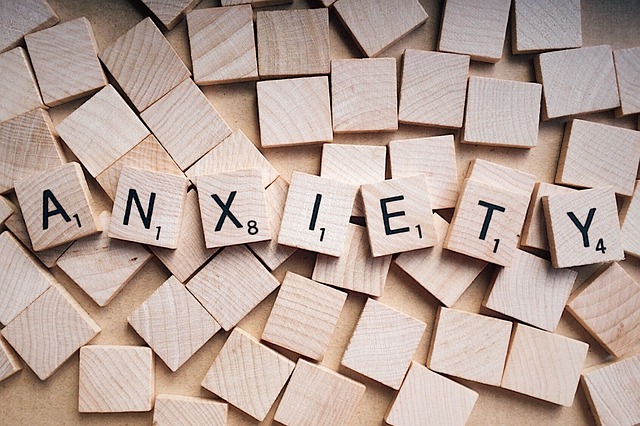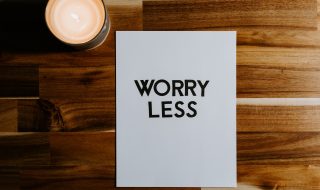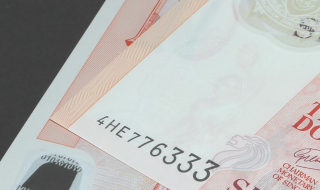
Financial or money anxiety has become more common than ever. If you have found yourself worrying about cash lately, you are not alone. In the American Psychological Association’s 2022 Stress in America Survey, 87% of the participants listed inflation as a trigger of significant stress.
Moreover, Traveloka found that 51% of Singaporean men respondents named financial stability as the top stressor in its wellness survey. The rise in prices coupled with the effects of the global pandemic has people from all backgrounds worried.
To know whether you are undergoing money anxiety, you must watch out for some signs. A few signs your anxiety surrounding finances is becoming a serious concern include:
a. Avoidance of bills and other important statements
b. Aches and pains such as headache or upset stomach when you look at your financial situation
c. Analysis paralysis when it comes to decision making
d. Lack of work-life balance
e. Rigidity in planning and its outcome
f. Rumination of money matters such as your retirement fund or credit card bills
g. Sleeping problems due to your financial situation
You see, financial anxiety preoccupies your life and can cripple your day-to-day work. It is more than just worrying about having enough money in your bank account as it manifests similarly to the symptoms of generalized anxiety disorder, such as tension and irritability.
Nonetheless, here are some ways you can employ to cope with money anxiety.

Image Credits: pixabay.com
#1: CHANGE YOUR RELATIONSHIP WITH MONEY
We were taught about money during our childhood. If the values and practices you were taught in the past do not match with your own adult financial situation, it can lead to avoidance and isolation. One of the best ways to establish a relationship with money is to treat it as a problem to be solved. Look at your values, behavior, and practices objectively and learn more about yourself.
Creating a money practice or starting a habit of regularly assessing your finances is the simplest way to shape your relationship with money.
#2: DO REGULAR CHECK-INS
In situations where you feel highly stressed and anxious, your body thinks that it needs to react quickly to danger, so it goes into a flight or fight mode. Others tend to freeze and avoid their finances altogether. Thus, it is important to set a time to look at your money. This approach is more focused and safer for your wellbeing.
For instance, you can choose a random weeknight to examine your finances. Rather than waiting for an unfortunate situation, you can decide ahead of time to prevent a certain financial issue.
#3: CONSIDER GETTING SOCIAL SUPPORT
Many Singaporeans hide their financial issues because they feel embarrassed, or they blame themselves for their situation. However, many people undergo financial trouble often. Keep in mind that anyone can experience money anxiety or financial concerns, despite wearing expensive clothes or having prestigious jobs. We do not know how they keep up with their luxe lifestyle!
These issues can be less frightening when you face them with your social support. Your trusted social support may include your friends and loved ones. These people can help by providing a helping hand or by brainstorming solutions with you.
If your money anxiety is interfering with your daily life, seeking help from a professional can provide relief. Search for a mental health practitioner or a financial expert near you.




